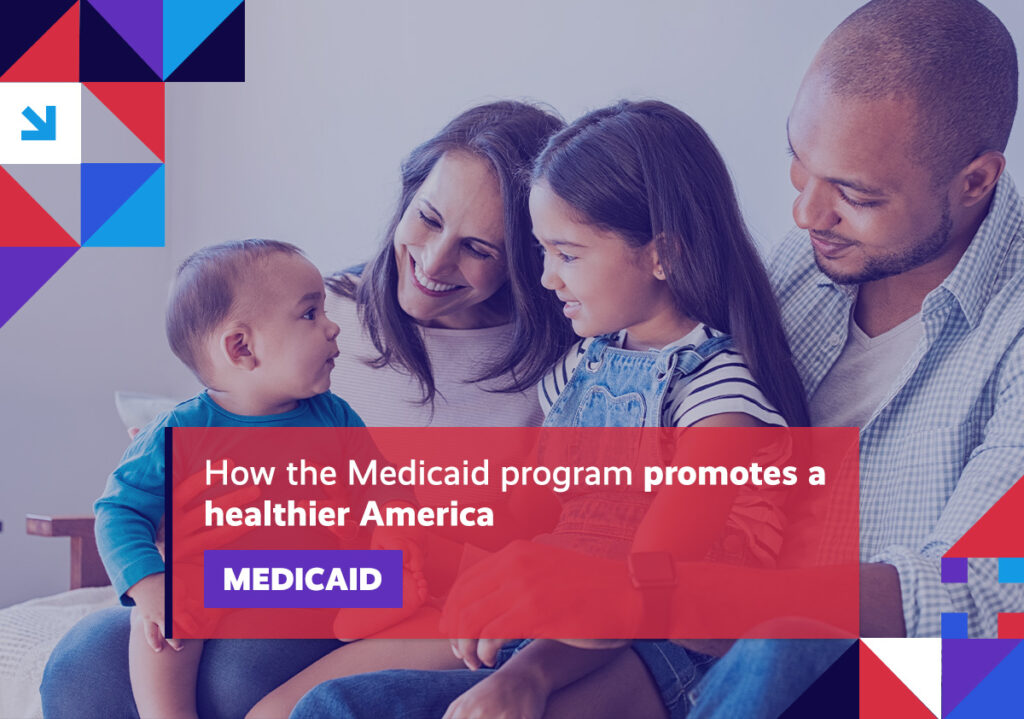A quick roundup of the issues driving the healthcare reform conversation.
Item of the Week

Spotlight
HOSPITAL CHARITY SPENDING Hospitals are facing stricter charity spending oversight.
Quick takeaway: States are increasingly turning their attention to ensuring that nonprofit hospitals’ financial assistance policies are sufficient to justify their tax exemptions.
Further context: As recently covered, federal lawmakers have also ramped up their scrutiny of these health systems’ charity spending.
The average U.S. hospital spends 1.9 percent of its operating expenses on charity care. But, examples continue to surface of large tax-exempt hospital systems failing to meet even that low threshold, while making significant investments to expand operations or to train staff.
VALUE-BASED CARE Most Americans support value-based care.
Quick takeaway: A new survey highlights respondents’ shared desire for targeted improvements to their healthcare experience, including a belief that the system is too fragmented with little coordination between providers.
Digging deeper: Nearly two-thirds of respondents (64 percent) supported value-based care over the fee-for-service model.
In interpreting the results of the survey, researchers pointed to the importance of reframing a value-based approach to healthcare as being one that puts the patient first.
What it means: In short, people responded best to a system that prioritizes patient experience over quantity. Further, they want that experience to be one where the provider cares about them as a whole person, rather than a collection of symptoms.
PATIENT GROUPS Patient advocacy groups’ ties to drugmakers and device manufacturers called into question.
Quick takeaway: Most leading patient advocacy organizations (PAOs) in the U.S. have Board members or senior leaders with ties to the industries they represent, raising serious questions about their conflicts of interest influencing those organizations’ policies and advocacy agendas.
Digging deeper: The influence of pharma and medical device companies over PAOs is a long-standing concern. As recently as 2017, the vast majority of PAOs (83 percent) reported receiving money from these industries, while more than one-third (36 percent) had a current industry executive on their Board.
What it means: Researchers note that industries (like drug manufacturers) are able to capitalize on PAOs’ credibility, with evidence identifying overlaps between PAO and industry policies, while the patients they’re supposed to represent get left behind.
EMPLOYER HEALTHCARE COSTS Employer-sponsored insurance to rise 8.5 percent next year.
Quick takeaway: According to a new analysis, employers will pay more than $15,000 on average for their employees’ healthcare in 2024, up from just under $14,000 this year.
Digging deeper: Healthcare cost trend is on the rise, with researchers citing providers pushing for larger cost increases to cover higher wages and supplies.
Other contributing factors include rising demand for weight-loss drugs, new technologies, and the increasing share of specialty drugs.
What it means: Over 180 million Americans receive health coverage through their employer. In fact, a strong majority of consumers (63 percent) are satisfied with their employer-provided coverage, with nearly as many (59 percent) saying the quality of their plans is high.
Perhaps most importantly, more than two-thirds (68 percent) say they prefer to get their coverage through their employer rather than through a government program.
Spotlight

| You can keep up with the latest by following the Health Action Network on X and by liking us on Facebook. And, be sure to check us out on LinkedIn, too. As always, let us know if there’s something you’d like to see covered in a future newsletter. |
The Health Action Network includes everyday Americans—families, workers, businesses, patients, providers, neighbors, and friends. We are working together because we support market-based solutions that offer better healthcare choices and help build a stronger economy. The Health Action Network is an Elevance Health, Inc., initiative.
